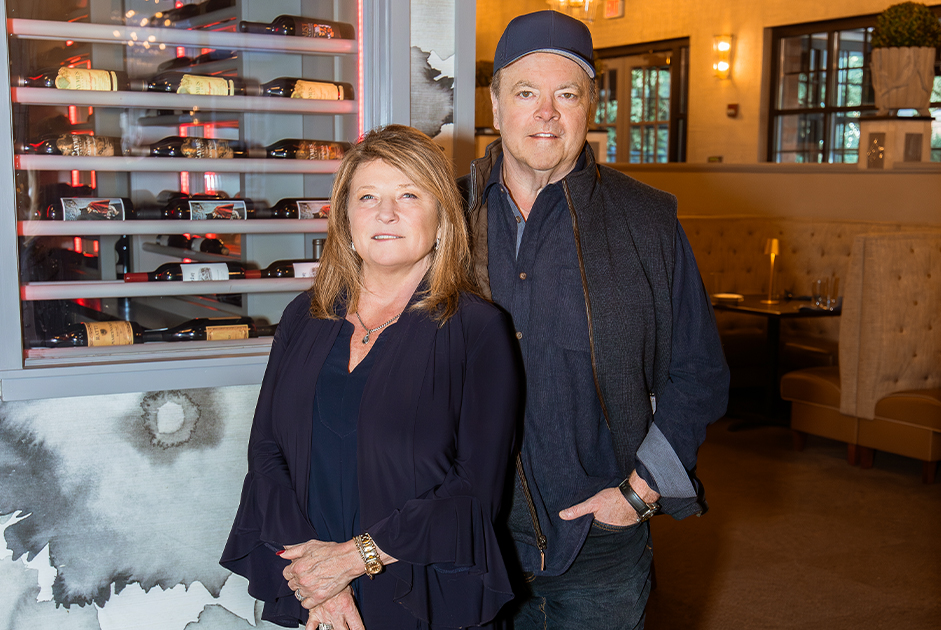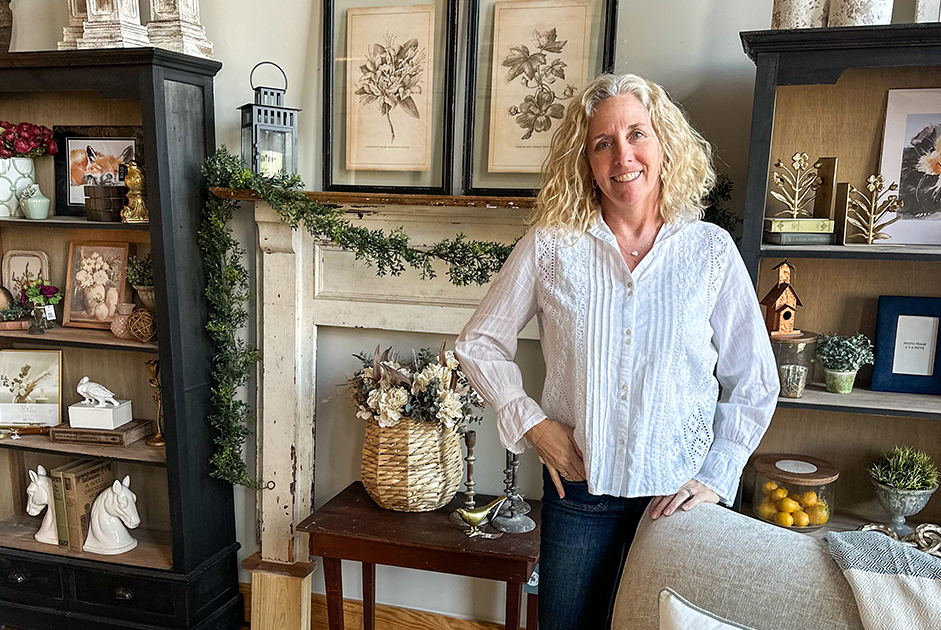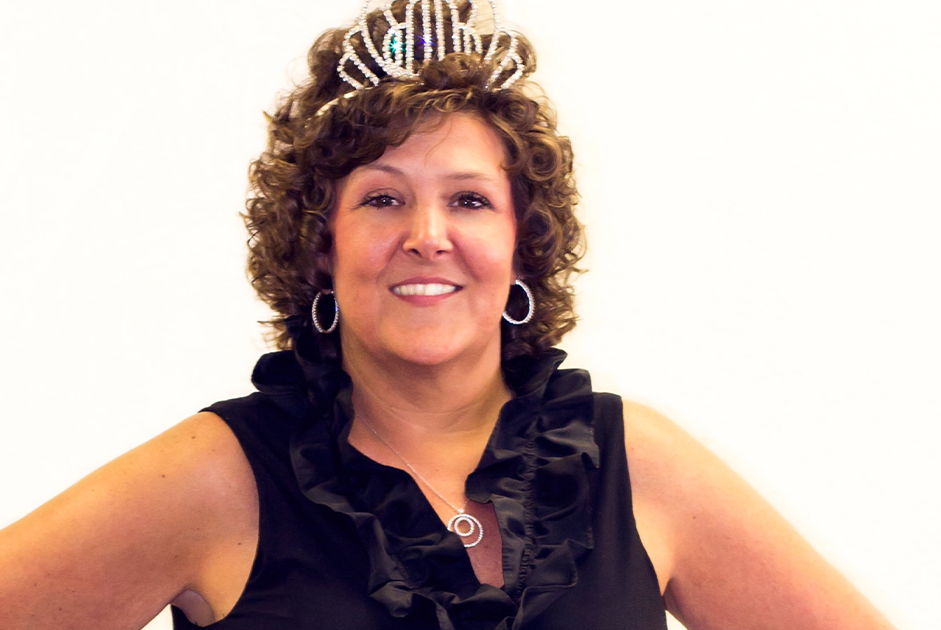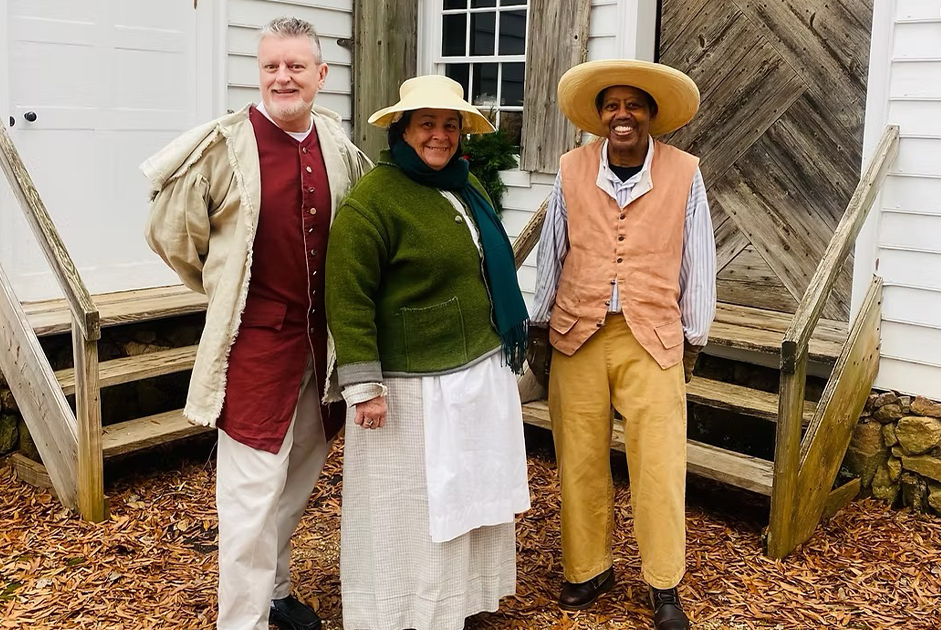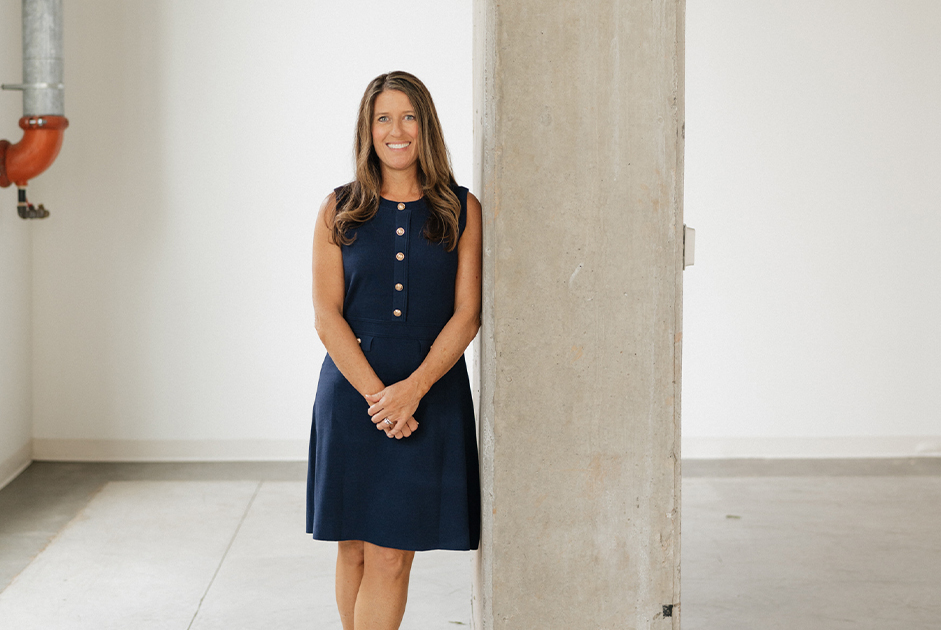If I asked you what you “should” do to stay healthy in your later years, you would probably say: eat right, stay active, exercise, manage my weight and my health, moderate or eliminate habits like smoking and consuming alcohol. And you would be right. We’ve heard this advice for a very long time, even if we sometimes struggle to heed it. Well, now you can add one more element to the prescription: stay young at heart. It’s not a big surprise, right? We know folks who have clocked some years and still have a spring in their step, a smile on their face and an enthusiasm that doesn’t quit. They’re not high on drugs. They’re high on life. They are also “onto something.”
The Harvard Health letter recently reported that older people who felt three or more years younger than their chronological age had a lower death rate than those who felt their age or older. Another study reported that those with a positive outlook about their future and their ability to function effectively lived the longest. Those who regarded aging as “no big deal” were able to “climb stairs, do housework, work full-time, go out socially, and do other activities associated with younger people.” These folks lived 7.5 years longer than those with less positive ideas about aging.
Here’s what I love about this: How we choose to think about getting older is on us. And when we choose to think in more positive ways, that shows up in our actions and, studies suggest, our longevity. Harvard Medical School’s Dr. Ronald D. Siegel explains that, “Feeling younger or older itself seems to have an effect on our health…when people see themselves as old, they’re more likely to abandon physical challenges which feel difficult, such as, ‘I don’t think I should ski any more, I’m an old man.’ When people feel younger psychologically, even if physical exercise is challenging, they’re more likely to pursue it… if we feel old, we’re likely to treat food with an ‘I won’t live much longer, I might as well enjoy this’ attitude which could lead us to eat unhealthfully. If we feel young, we may have more of a future-orientation that will lead us to eat with future health in mind.”
I don’t need more proof that staying young at heart begins with cultivating a younger state of mind. Here’s a great place to start:
Monitor your thoughts and mind your words. If you find yourself frequently thinking about and talking about the past, shift gears. Come back to the present moment and look for the good in the here and now. Or think about something in the near future that you are looking forward to.
Challenge yourself. It doesn’t matter how, but it’s important that you don’t allow yourself to get stuck in a rut of repetition. Try something that’s new, different, and maybe even outside of your comfort zone. Take a baby step in this direction and, well, who knows?
Focus on something meaningful. After retirement, people who retire often focus initially on pleasure and excitement because now they are free! But that wanes and is replaced with a desire for more meaning and purpose. Consider volunteering, starting a long-term project, or even becoming the gardener you always dreamed of.
Set a few goals. If you feel aimless and have nothing to work toward, it is unlikely that you’ll feel young at heart or high on life. We all need something that stimulates and challenges us. And when we make progress, the sense of accomplishment is its own reward.



